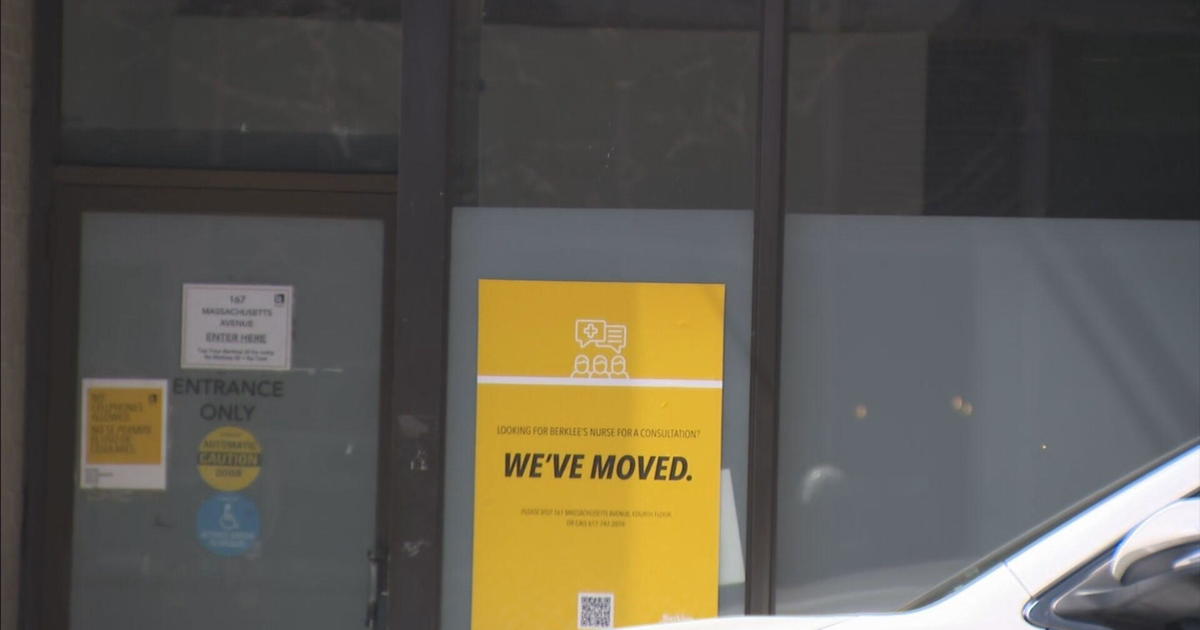Generic Drug Prices On The Rise
BOSTON (CBS) -- Generic drugs are the workhorses of health care. They are safe, effective, and affordable and they treat everything from migraines to life-threatening illnesses. But in the past few years, pharmacists and their patients have noticed a significant cost increase in some medicines. The prices are so high in some cases that patients are choosing to go without.
Ron Nadir of Chelmsford takes 16 different medications for a number of different health issues.
"Diabetes, heart disease, high blood pressure and a few others," he said.
All those health problems make it impossible to work full time so he is happy he has Medicaid help to pay for his meds.
"I'm grateful for that," he said.
But even with that help, Ron may have trouble covering the cost of his medications because of a recent spike in several widely used generics.
"It has created a terrible situation," explained Robert Skenderian, the owner of Skenderiain's Apothecary in Cambridge.
He showed us one example, the antibiotic, Doxycycline, used to treat Lyme disease.
"This is the bottle that was bought in November of 2012," he said holding up a bottle of 500 pills. "It cost $29.02. The same stuff now costs $900," he said holding up a similar bottle in his other hand.
But antibiotics are usually only taken for a short time. The real problem comes with long-term use drugs that have also seen price spikes, like the blood thinner Warfarin, which is on Ron's list and Digoxin, taken by millions with heart disease.
It's the Digoxin increase that many doctors have trouble understanding.
"I think most of us are shocked that a pill that's been around for decades would suddenly have an increase in prices and it is unclear why," said Dr. David Venesy of Lahey Medical Center.
Drug manufacturers are not in a hurry to explain. We reached out to one of the manufacturers of both Doxycycline and Digoxin, but the company never returned our calls.
Skenderian says the reason for the price hikes is simple.
"Because they can. Who is to stop them? It's unregulated," he said.
Some experts have speculated that when certain manufacturers stop making drugs it can impact supplies, causing an increase in price.
Many patients with private insurance have not felt the brunt of the increases, but Skenderian says that won't last.
"Ultimately, it's going to cost everyone more money," he said.
A sentiment echoed by Boston University School of Public health professor Alan Segar who agreed we would all feel this eventually.
Medicare and Medicaid patients could feel it much sooner because of coverage limits that leave them paying more out of pocket at the end of the year. It's known as the donut hole. For Ron, that means a tough choice.
"So I just skip it and don't use the medication," he said.
Then he just crosses his fingers and hope nothing happens until his full coverage picks up in January.
That's a strategy doctors like Venesey call very risky.
"As you can imagine, someone who has a sudden change in the medications without their physician knowing can be very dangerous," he warned.
MORE LOCAL NEWS FROM CBS BOSTON



